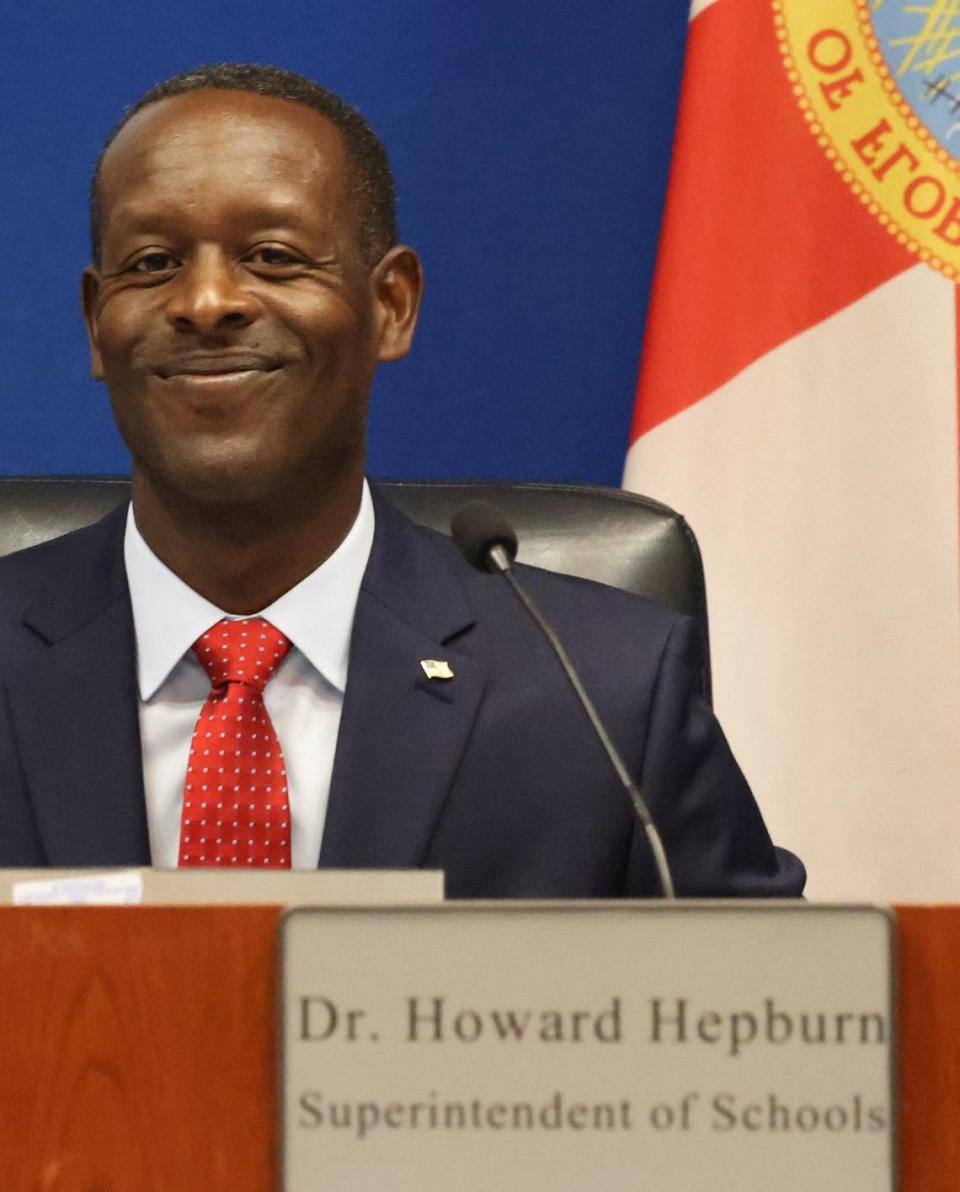An 11th-hour decision to halt a plan to charge a fee for cars entering the heart of New York City has provoked outrage from environmental advocates and Democratic lawmakers, potentially scuppering hopes of congestion pricing taking hold in any US city in the near future.
New York City was, on 30 June, primed to be the first American city to toll drivers in its traffic-clogged centre, with cars entering Manhattan south of 60th Street set to be charged $15 a day in a plan heralded as a landmark moment in tackling air pollution, helping curb carbon emissions and providing a funding boost for New York’s sprawling yet beleaguered public transit system.
Related: New York City postpones controversial, first-in-the-US congestion pricing plan
Yet on Wednesday, New York’s governor Kathy Hochul said she had come to the “difficult decision that implementing the planned congestion pricing system risks too many unintended consequences”, adding that she had ordered her administration to “indefinitely pause” the system.
Hochul cited concerns over the plan’s cost to low-income people who drive into Manhattan at a time of relatively high inflation, although a political calculation has also shaped the governor’s thinking, with suburban districts near to New York City rife with car-owning voters expected to be closely contested in November elections.
But supporters of the plan say that New York has missed a crucial opportunity to follow cities around the world, such as London and Stockholm, that have managed to enact congestion pricing in a successful way, with lawsuits now expected to try to force through the scheme.
“I’ve been in touch with a lot of urban planners and city officials around the country and I can’t remember these people being as furious as they have been in the last 24 hours,” said David Zipper, a transportation expert and senior fellow at the MIT Mobility Initiative.
“New York is America’s biggest city, with the lowest levels of car ownership and highest share of transit ridership – you’d expect to see congestion pricing there first. Los Angeles and Boston were looking to New York, this could’ve spread nationwide, and yet Hochul has decided that low-income residents matter less than a few grumpy suburbanites. It’s deflating and it’s a slap in the face.”
The decision is “disastrous to both the city and the broader economic region since the benefits of free-flowing traffic and faster commutes outweigh the costs”, said Rich Geddes, an infrastructure expect at Cornell University.
“Some cite concerns about equity associated with congestion pricing, but traffic congestion itself disproportionately hurts the poor, with city buses and other public transportation stuck in bumper-to-bumper traffic.”
Hochul herself was until recently a vocal backer of congestion pricing, which would’ve generated around $1bn a year in revenue destined for upgrades to the accessibility and signaling in New York’s creaking subway system, as well as a fleet of new electric buses.
“Fewer cars means safer streets, cleaner air and more room to maneuver for pedestrians and bicyclists,” the governor said just two weeks ago. “In that way, expanded train service or an extra subway stop can actually change the trajectory of someone’s life. That’s powerful. That’s what cities are meant to do.”
In December, at a rally in support of congestion pricing, Hochul said, somewhat ironically, that “leaders are called upon to envision a better future, be bold in the implementation and execution, and be undaunted by the opposition”.
Transportation is the largest contributor of greenhouse gas emissions in the US, although advocates for the plan have largely focused on its more immediate benefits – cutting air pollution that worsens conditions such as asthma in city residents, as well as freeing up space in New York’s famously clotted streets. Around 700,000 vehicles enter the lower half of Manhattan each day, often at a crawl – the average travel speed is now around 7mph, down from around 9mph 15 years ago.
Around half of New York City households do not have a car, with 85% of commuters to Manhattan using the city’s network of subways, trains and buses to get there. It’s estimated that only 1.5% of all commuters under the plan would pay the full $15 fee.
“We cannot allow a vocal minority of drivers who don’t qualify for exemptions and discounts to dictate our policy decisions,” said Jerry Nadler, a Democrat whose House of Representative district includes central Manhattan.
The decision was celebrated by opponents, however, who have pointed to worries over congestion pricing’s financial impact as well as concerns that it would simply displace pollution to places near Manhattan, such as the Bronx.
Some of the fiercest criticism of the plan came from neighboring New Jersey, with the state’s governor suing in an attempt to halt it. “Jersey families, their wallets and the environment won big,” said Josh Gottheimer, a New Jersey Democrat who claimed that commuters from the state would be hardest hit. “As I always say, don’t mess with Jersey.”
In New York, lawmakers are now faced with a budget hole in the Metropolitan Transportation Authority (MTA), which each day moves more people by subway alone than passengers on all flights across the entire US but will not be able to undertake planned upgrades if the $1bn not be replaced by a new payroll or business tax.
There seems no immediate solution to this. Liz Krueger, a state senator and chair of the senate finance committee, said Hochul’s decision is “reckless” and a “staggering error”. She added: “The legislature certainly will not be rushing to raise taxes on hard-working New York City residents and small businesses.”
Zipper said the episode should not feed into a “myth” that Americans have a unique love affair with cars compared to other countries. “It’s more like a forced marriage, which is to our detriment, because it prevents us from seeing how better urban life could be,” he said. “It’s frustrating.”
Signup bonus from





